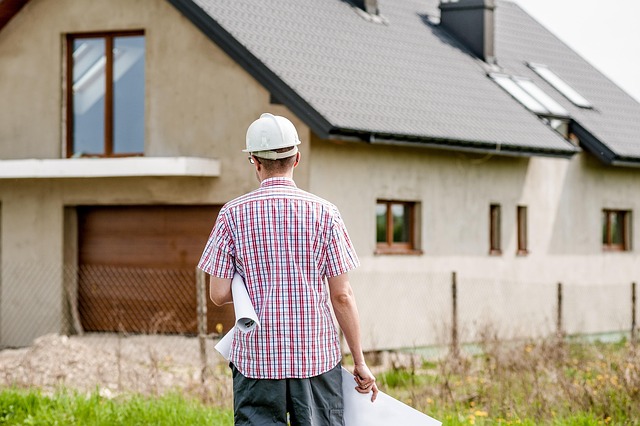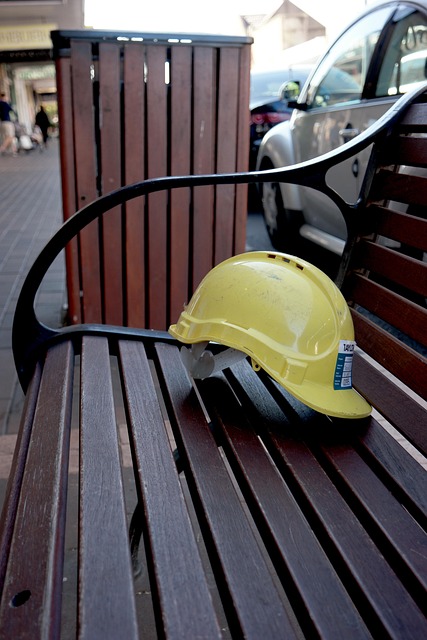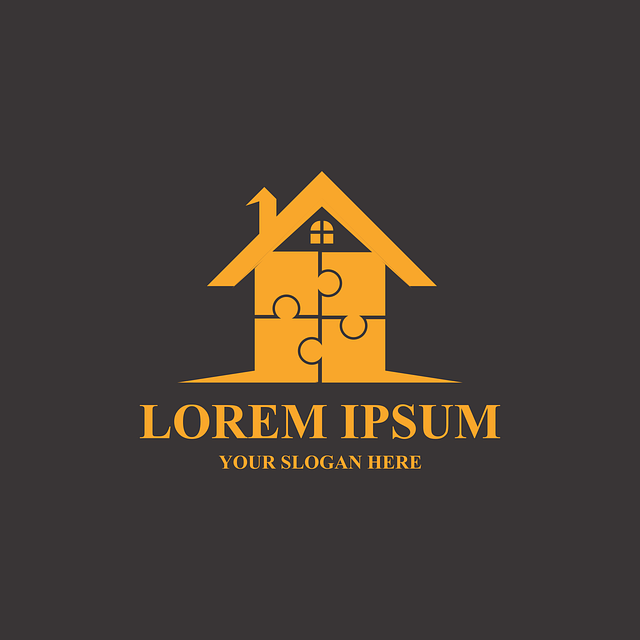Regular site visits and quality standards are crucial in real estate for progress monitoring, client satisfaction, and brand reputation. Efficient feedback systems enable timely issue resolution and continuous improvement, driving high construction standards and long-term property success in the competitive market.
In the dynamic realm of real estate development, monitoring progress and upholding quality workmanship are non-negotiable. This comprehensive guide delves into proven strategies for successful construction projects. Learn how regular site visits can track advancements, ensuring adherence to predefined milestones. Discover the art of establishing robust quality standards tailored to the unique demands of the industry. Explore efficient feedback mechanisms that foster open communication, ultimately driving excellence in every aspect of the build.
Regular Site Visits for Progress Monitoring

Regular site visits are an integral part of progress monitoring in the real estate industry. These visits allow project managers, developers, and investors to assess the physical development of a construction site against the master plan and schedule. By conducting thorough inspections at predetermined intervals, stakeholders can identify any deviations or potential issues early on, ensuring that quality standards are maintained throughout the building process.
During these site visits, professionals inspect various aspects, including structural integrity, craftsmanship, adherence to safety protocols, and timely completion of milestones. It’s a proactive approach that enables swift corrective actions if needed, preventing costly delays or subpar results. This method is especially crucial in real estate development where client satisfaction and project efficiency are paramount.
Defining Quality Standards in Construction

Defining quality standards is a foundational step in any construction project, especially within the dynamic landscape of real estate. It involves establishing clear criteria to ensure that the final product meets or exceeds client expectations. In construction, quality isn’t just about aesthetics; it encompasses structural integrity, safety compliance, and durability. For real estate developers, setting precise quality standards is essential for maintaining brand reputation and ensuring investor satisfaction.
These standards should cover various aspects, from material specifications to craftsmanship techniques. Regular inspections and quality control measures are vital tools to monitor progress and guarantee adherence to predefined benchmarks. By implementing robust quality assurance protocols, construction teams can deliver projects that not only meet but surpass industry norms, thereby driving the real estate market forward with innovative and reliable offerings.
Implement Effective Feedback Mechanisms

In the real estate industry, implementing effective feedback mechanisms is paramount for monitoring progress and ensuring quality workmanship. This involves establishing clear communication channels that encourage open dialogue between stakeholders—from property developers to construction teams and clients. Regular, structured feedback sessions help identify areas of improvement, address concerns promptly, and foster a culture of continuous enhancement.
By integrating feedback mechanisms into project management practices, real estate professionals can maintain high standards throughout the development lifecycle. Constructive criticism from residents or investors, for instance, should be viewed as valuable insights rather than mere complaints. Actively incorporating this feedback ensures that any issues are rectified promptly, enhancing overall satisfaction and the long-term success of the property.






